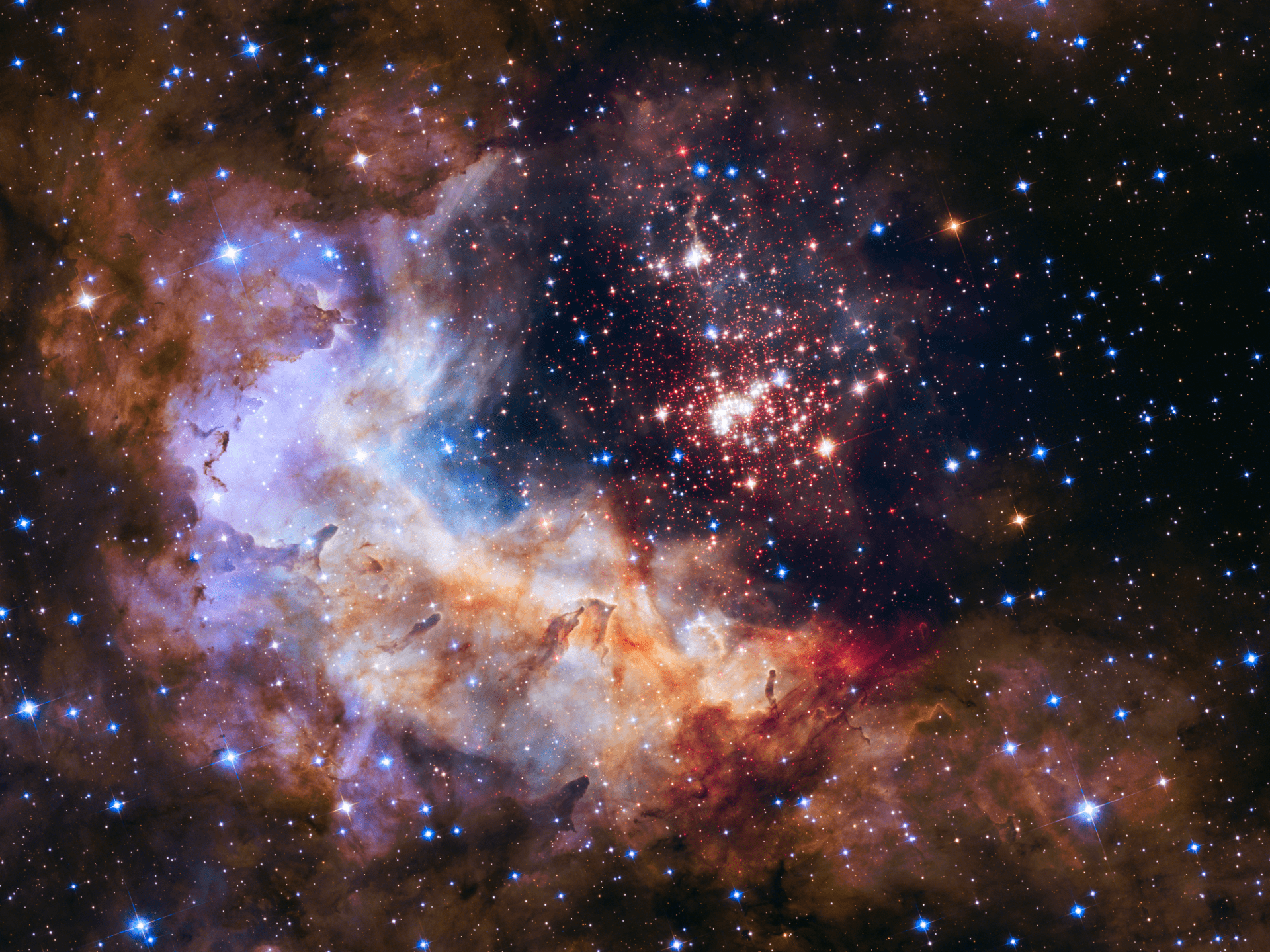The UWB STEM Public Outreach Team (SPOT) brings presentations and activities on current STEM research topics to regional K-14 classes and community groups. Research teams can share your work with K-14 audiences by joining the UWB SPOT program.
SPOT is an effective, low-cost, high-impact outreach program that can support education, outreach, and broader impacts sections for grant proposals. Researchers can work with the SPOT faculty advisors to develop an outreach module aligned with science education standards. SPOT Student Ambassadors will be trained to deliver the presentation and activities to K-14 schools and community groups. Teachers and educators request presentations with visits coordinated by the SPOT program manager. Evaluation and reporting data is shared with participating research teams.
Sample Statement for Proposals:
To increase awareness of [our STEM topic], we will invest in education and outreach through the University of Washington Bothell (UWB) STEM Public Outreach Team (SPOT). Adapted from an outreach model with over two decades of success in reaching a wide array of audiences in Montana, West Virginia, and Washington State, SPOT recruits and trains Student Ambassadors to deliver STEM presentations to K-14 schools (Williamson et al, 2014). Presentations feature current, local, cutting-edge science to promote engagement with STEM topics. The program contributes to increasing the scientific literacy and 21st-century skills of Student Ambassadors and increasing exposure of K-14 students to STEM research and diverse college role models (Des Jardins et al, 2020).
This grant will provide funds to support the development of a new SPOT presentation and will leverage the program’s existing advertising, recruiting, training, and management mechanisms. We will fund a [graduate student liaison, postdoc, or other] to develop a feature presentation to showcase [our STEM topic] and trained SPOT Student Ambassadors to bring our work to regional classrooms. The SPOT faculty advisors will provide peer review and advice on the presentation to ensure that it meets Next Generation Science Standards (NGSS Lead State, 2013) and is relevant to K-14 audiences, as indicated in the attached letter of commitment [a representative from SPOT will provide a letter]. Once certified, our feature presentation will become an option for educators to request for their students through the UWB SPOT program. SPOT Student Ambassadors will be trained to bring the new presentation and related activities to regional K-14 classes and community groups. A SPOT presentation typically reaches 1,000 K-14 students and teachers per year, with a focus on diverse classrooms and community colleges. The evaluation and reporting data include the number of schools reached, number of presentations given, number of students and teachers reached by grade level and location, ambassador impressions of visits, and teacher evaluations of visits. Partnership with the UW Center for Evaluation and Research for STEM Equity (CERSE) provides an assessment of the impact of participation in STEM outreach on SPOT Student Ambassadors.
Example References
NGSS Lead States (2013). Next Generation Science Standards: For states, by states. Washington, DC: National Academies Press. www.nextgenscience.org/next-generation-science-standards.
Williamson, K., Grimberg, I., Key, J., Heatherly, S. A., Des Jardins, A., Larson, S. L., Larson, M. B., McKenzi,D., and Littenberg, T. B. (2014) “The Space Public Outreach Team (SPOT):Adapting a successful outreach programme to a new region,” Communicating Astronomy with the Public, 16, 8-18.
Des Jardins, A., Key, J.S., Williamson, K., Kimbrell, S., de Saint-Georges, S., Page, J., Dolch, T., Littenberg, T. (2020), “Space Public Outreach Team: Successful STEM Engagement on Complex Technical Topics,” JCMST Volume 39, Number 4.
Key, J.S., Margherio, C., Simonsen, L. (2024), “The Impact of Participation in STEM Outreach on Persistence of Diverse Students in Physics, Math, and Engineering,” Journal of STEM Education: Innovations and Research Volume 25 Number 2.
Contact Joey Shapiro Key at joeykey@uw.edu with questions or for more information.


